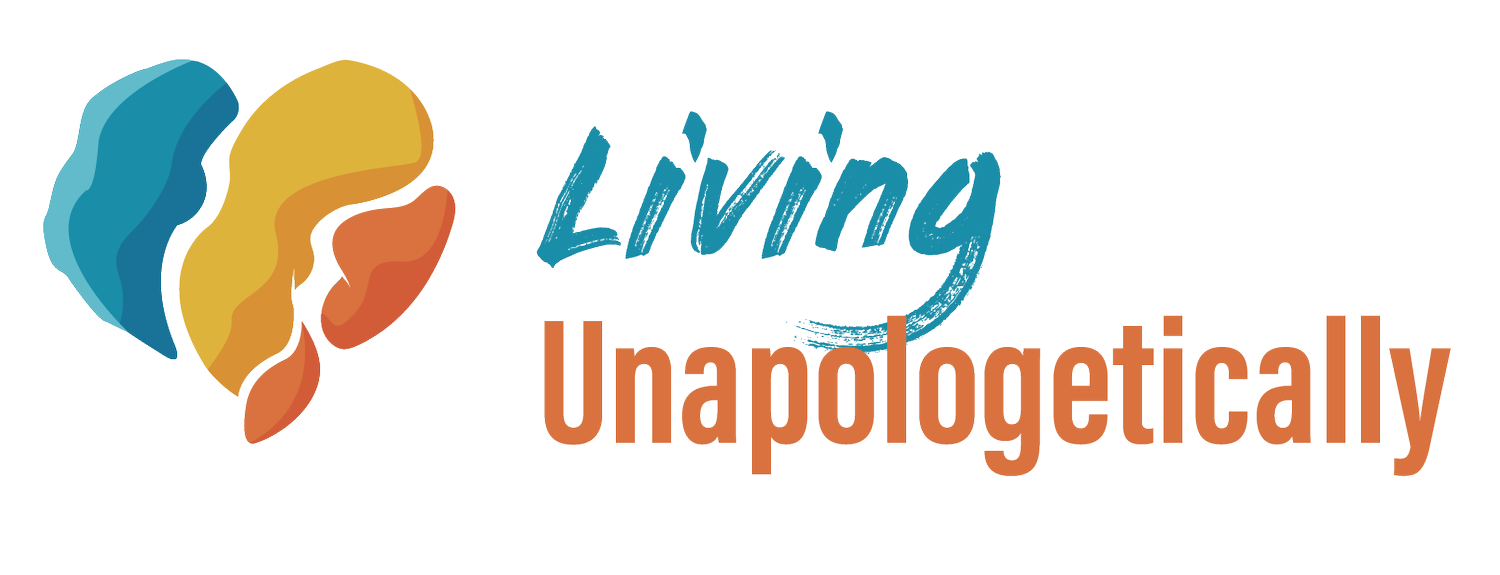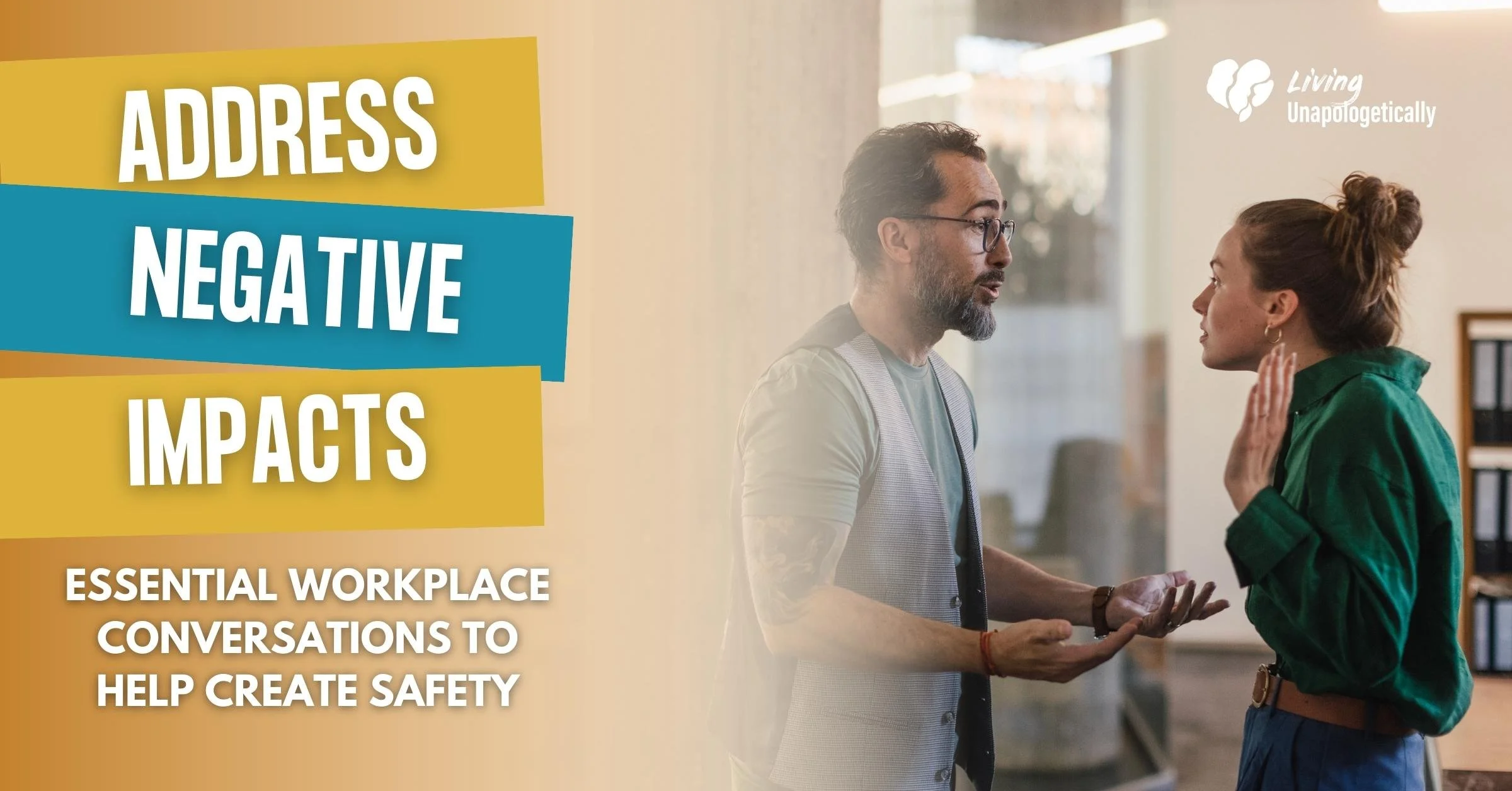Why Recognizing Negative Impacts Matters More Than You Think – Don't Ignore It!
I recently had the privilege of engaging in a super cool conversation with a special person, Minola Clark Manson. Her experiences as a Black woman working in human service organizations have given her a unique perspective on communication and building meaningful connections. Our discussion was filled with valuable insights that I can't wait to share with you. Let's get into the wisdom that emerged from this heart-to-heart convo, and discover how we can enhance our communication skills and cultivate stronger relationships.
Minola Clark Manson is an experienced executive manager focused on health and human service nonprofit and government organizations. She’s an experienced leader of people who understands that the best leadership uses position, knowledge, connections, and privilege to grow people beyond the leader or any work they do together. She advocates for change in organizations to ensure organizations are inclusive and strength-based. She promotes and practice strong DEI, Anti Racist, and trauma-informed leadership.
Connect with Minola on LinkedIn!
Understanding Impact and Its Significance
Impact is a powerful word, isn't it? II love the way Minola pulled up the legit definition and revealed that impact is a forcible contact on another person. In the workplace, it refers to the strong effects our words or actions may have on those around us, regardless of our intention. Acknowledging the significance of impact is essential in our daily interactions with colleagues. Each word we speak, each action we take, may carry different weights for the individuals on the receiving end.
Minola beautifully illustrated this concept with the analogy of a baseball pitcher throwing a ball. To the pitcher, the act of throwing the ball may seem routine, almost insignificant. However, for the receiver, it could mean the difference between catching a game-winning pitch or missing a crucial opportunity. This analogy serves as a reminder to be mindful of how our words and actions might be received by others, emphasizing the importance of empathy and understanding in our communication.
Witnessing Impact
We touched upon the idea of acknowledging impact when we witness others in stressful or hurtful situations. It's super common to hesitate in intervening or providing support out of fear or uncertainty. It’s also common to avoid it altogether. Yet, remaining silent in these moments can further alienate the person who felt the impact and create an unsafe and disconnected environment.
I know that feeling and it doesn’t feel good. Instead of turning away, I want to encourage you to address the impacts we witness, ask questions about the meaning of statements and actions with curiosity, and show empathy towards the feelings of others. By doing so, we can create a safer workspace, fostering an environment where individuals feel seen, heard, and supported.
Setting Boundaries and Practicing Self-Care for Personal and Professional Growth
The journey towards authentic communication and stronger connections also involves setting boundaries and practicing self-care. Minola's insights on the importance of saying "no" when necessary reminded me of my own experiences as a "yes" person– although most of my “yes” days are behind me (LOL).
In chatting with Minola, we shared that we are learning to set boundaries which is essential for us to prioritize our time and well-being. It helps us show up for people in these exact moments. This shift not only improved our communication styles but also made us feel more centered and present during interactions. By being mindful of our own needs and taking care of ourselves, we create a positive impact on our mental and emotional well-being, enabling us to engage with others more authentically.
Understanding Your Needs and Responsibilities in Communication
The conversation with Minola shed light on understanding our needs and responsibilities in communication. As she shared her experiences of facilitating productive conversations by naming experiences and needs, it became clear that this approach fosters empathy and builds stronger connections.
We recalled instances when we actively sought to understand people’s perspectives during disagreements. Shoot, we’ve even had our own moments where we had different viewpoints! By acknowledging our individual needs and responsibilities in those conversations, we navigated the interactions more effectively, strengthening our relationships.
Embracing Empathy and Active Listening
Another essential aspect of effective communication is embracing empathy and active listening. Minola emphasized the importance of genuinely understanding others' perspectives and being fully present in conversations. Our shared experiences of practicing active listening and showing empathy allowed us to create a safe space for open dialogue. By validating others' emotions and demonstrating understanding, we fostered a deeper connection and more meaningful interactions.
One thing I want to emphasize here is that validating other people’s feelings doesn’t mean yours aren’t important. Different viewpoints doesn’t mean your viewpoint isn’t true for you. We can often end up in a competitive spirit with a belief that holding space for different thoughts/emotions somehow cancels mine out. It doesn’t!
Embracing Vulnerability to Build Trust
One of the things Minola does SO well and modeled throughout our conversation, was sharing her vulnerability, which is a powerful tool in building trust and fostering authentic connections. This struck a chord with both of us, as we acknowledged moments when we hesitated to express vulnerability out of fear of being perceived as not having it together. As long as I’m doing this work, I’ll be reminding people AND myself that vulnerability is an essential aspect of human connection. By embracing vulnerability, we invite others to do the same, creating a safe and trusting space for genuine communication and connection.
Tackling Offensive or Inappropriate Remarks
Offensive, inappropriate language is something we come across on a daily basis. We are learning new information and there is a good amount of the world that’s becoming more socially conscious. I say this to say, we will inevitably be the person who says the “wrong” thing or witness it happening. How we handle these moments is more important.
Minola shared a personal journey of struggling to adapt to using correct pronouns for her daughter's partner. While it was uncomfortable at first, she came to understand the grave reality of disrespecting someone's fundamental identity. She went through a whole internal exploration to figure out what she was doing and why. This experience highlighted the importance of understanding the impact of our actions and adjusting them accordingly to create safer environments.
Realizing the Need for Change
Change is both demanding and inevitable. Recognizing the need for change and being proactive is crucial in our pursuit of a more inclusive and equitable workplaces. Minola and I agreed that it’s necessary to recognize and challenge our personal justifications for not speaking up, when the reason stems from a place of privilege and desire to be comfortable. And honestly, staying silent in those moments even when we’re afraid, can end up causing more harm, which is, in itself, a missed opportunity for growth and constructive change. So, no matter how uncomfortable, taking the plunge and initiating conversations about hurtful impacts can promote personal growth and a more cohesive community.
This discussion was nothing short of transformative. Minola’s insights had me engaged and challenged, in a great way. As you embark on your own journey of authentic communication, remember that it's a continuous process of growth and learning. Embrace the power of vulnerability, and watch as your relationships flourish in ways you never imagined. Take these lessons to heart, implement them in your life, and experience the positive ripple effect that will undoubtedly follow.
Have you tried any of these tactics and strategies? Share your successes and challenges with us in the comments.
Want a Relational DEI expert to help you develop your skills and implement these practices? Contact us to learn more.
Charmaine is a Relational DEI expert who sits at the intersection of thinking, feeling, and doing. She is an author, facilitator, skill builder, safe-space holder, family member, partner, and friend. And in all of those, her DEI lens is in constant use. Charmaine uses a social justice lens to help clients explore their individual and organizational needs amidst the backdrop of power, privilege, and oppression. You can access her book (Bias-Conscious Leadership), guided meditations, free tips sheets & guides, and blog posts on her website, www.livingunapologetically.com..






